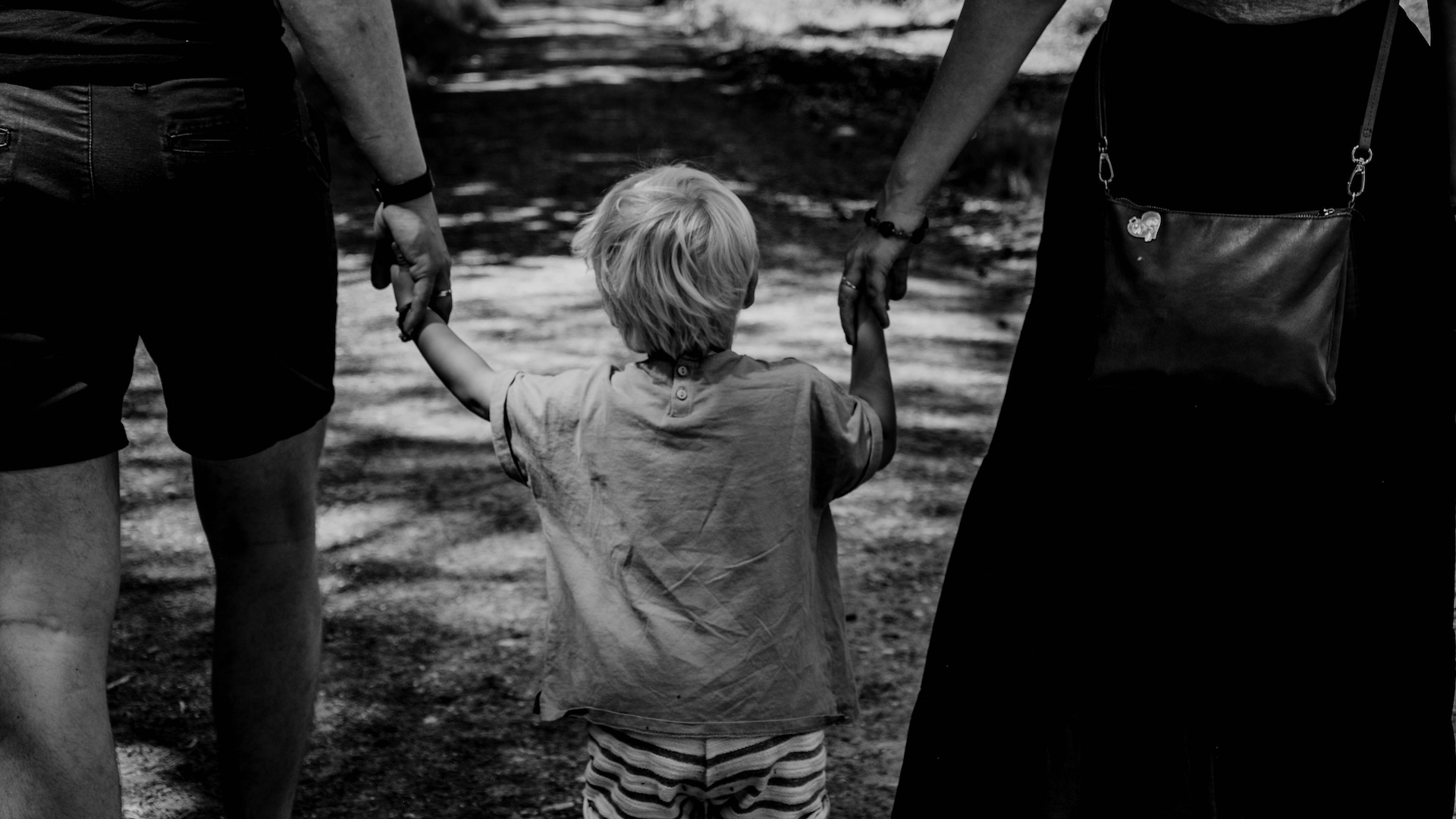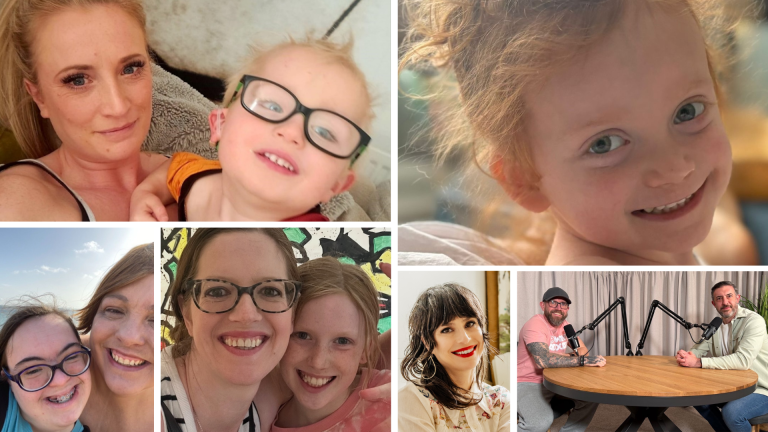Child DLA applications have been mired in entrenched lengthy delays for well over a year, as the number of under-16s claiming the benefit rose from 620,000 to 798,000 in the two years from February 2023. Average wait times have inched down as the DWP frantically redeployed staff to get on top of the backlog, but the problems persist.
Figures disclosed to Big Issue under the Freedom of Information Act show that in the final three months of 2024, child DLA applications took 93 working days on average to process, falling to 91 working days in the first three months of this year and 81 working days from April to June. Benefit payments can be backdated once an application is approved.
Just under 4% of applications were processed within 40 working days towards the end of last year – a “success” rate that actually fell to just 2.5% at the start of 2025, before crawling up to 2.7% between April and June.
Angie Fenn, head of advice and information at disability charity Contact, said: “Delays to getting Disability Living Allowance adds to a families’ distress. Families with disabled children are already more likely to be affected by poverty due to the difficulty of juggling work and care as well as the extra costs they face. Delays to financial support means they can quickly fall into debt.
“We are hearing from families on our helpline and through our hospital teams that they are facing waits of three to four months. Earlier this year it was between five to six months in some cases. It has come down, but it’s still too long for many. Families are often contending with a sick child in hospital or having just received a diagnosis with the emotion and overwhelm that brings. What they need is timely help, not delays and financial worries adding more pressure.”
A DWP spokesperson said: “Ensuring disabled children and those with long-term health conditions get the support they need is important to us.
Advertising helps fund Big Issue’s mission to end poverty
“To meet the surge in demand for child DLA in recent years, we’ve redeployed and are training around 100 additional case managers to deal with these sensitive claims fairly, effectively and to a high standard – with% of customers satisfied with the service received.”
Maryam’s story
When Maryam’s seven-year-old daughter told her she had blood in her urine in September last year, at first the clinicians at A&E thought it might be a urine infection.
Instead, it turned out to be a Wilms tumour – a form of kidney cancer, requiring an operation to remove.
A social worker from a charity told Maryam that she could get child DLA, but she didn’t immediately act on it.
“I think as a parent, when you are in a state of shock, in the beginning stages you’re not thinking about finances, you just want to get the help you need for your child,” Maryam told Big Issue.
“Everything was just happening so fast, so much information coming at you – operation is happening, the Hickman line that goes in the chest, that has to go in immediately. So we did four weeks of chemotherapy, and then the Hickman line went in, and then she did four weeks of chemotherapy, and then she did the operation. That’s how it was playing out. So I didn’t really have time to think about the financial side of things.
Advertising helps fund Big Issue’s mission to end poverty
“And obviously at the early stage my money dried up very quickly, because I was taking a lot of taxis to and back from the hospital, as my daughter wasn’t allowed to have transport, she wasn’t offered transport.”
A single parent, Maryam lived with her four children near Enfield town in outer north London, but had to travel back and forth to Great Ormond Street Hospital in central London. The hospital would only provide transport to families living outside the M25.
“I was running up anything between £30 to £60, depending on which time of the day we’re coming back from the hospital.”
Maryam got the child DLA application form in November, but she had her hands full with looking after her children and wasn’t able to send it until February. She filled out the application at the hospital while her daughter was getting chemotherapy and medication, over the course of three days.
It was at that point she learned from a member of staff at the DWP that there was an estimated 25-week wait for applications to be processed.
“I was really overwhelmed, because financially I was struggling. I had no choice but to wait. But it was a very difficult time for me.”
Advertising helps fund Big Issue’s mission to end poverty
She was able to get her taxi fares reimbursed, but only at the end of each month. “That money would actually then go back to food shopping for the family, and it wouldn’t cover the travel, because by then I’m struggling between how do I get my daughter to hospital, [or] do I do food?
“It was a very tricky situation. And I would take the taxi there, taxi back, try to get the refund. Sometimes I was really struggling between the bills, the food and getting my daughter to hospital for her treatment.
“And sometimes we would have to go on the train. I got to a point where I didn’t even have money to travel sometimes to get to the hospital. I told the person at the train station, I was just honest with them – I said to them, look, I haven’t got the money, I’m trying to get to an appointment for my daughter, can you please let me go through the barriers?
“And people were kind enough to do that, and they would let me get on the train, and then when I get to the other side, I would explain my circumstance. And there’s been a few times where I did that just to get her to the appointment.
“So it was a quite emotional time, and it was difficult, because as a parent, it hit me different. It made me feel like I should be doing better than that.”
Maryam had drained her small amount of savings, and the social worker at the hospital gave her food vouchers as she could no longer afford to have food in the house.
Advertising helps fund Big Issue’s mission to end poverty
“I am a single parent, I had four children depending on me, and I had a household to upkeep. I still had to commit to everybody else’s needs. And it was just very, very difficult to get through that.
“And there was an element of shame. I didn’t want to ask people for anything. I felt I struggled with that, asking for help, because I’ve always been very independent, in the sense of I live within my means. So it was a difficult time for me. And I think what was the hardest for me was having to get my daughter to hospital and not having the money to be able to do that, and the embarrassment that came with that, it was like I’ve failed as a parent.”
Fortunately, her application for child DLA didn’t take 25 weeks to process – but it did take three months, finally arriving as a backdated payment in June. “I felt like if the application was done from get-go, and everything was processed very quickly, it would have taken that financial burden off of me.”
Her daughter is recovering and has returned to school. “I think everything is going to take time to come back to normal, whatever normality is.”
Do you have a story to tell or opinions to share about this? Get in touch and tell us more.
Reader-funded since 1991 – Big Issue brings you trustworthy journalism that drives real change.
Advertising helps fund Big Issue’s mission to end poverty
Every day, our journalists dig deeper, speaking up for those society overlooks.
Could you help us keep doing this vital work? Support our journalism from £5 a month.









